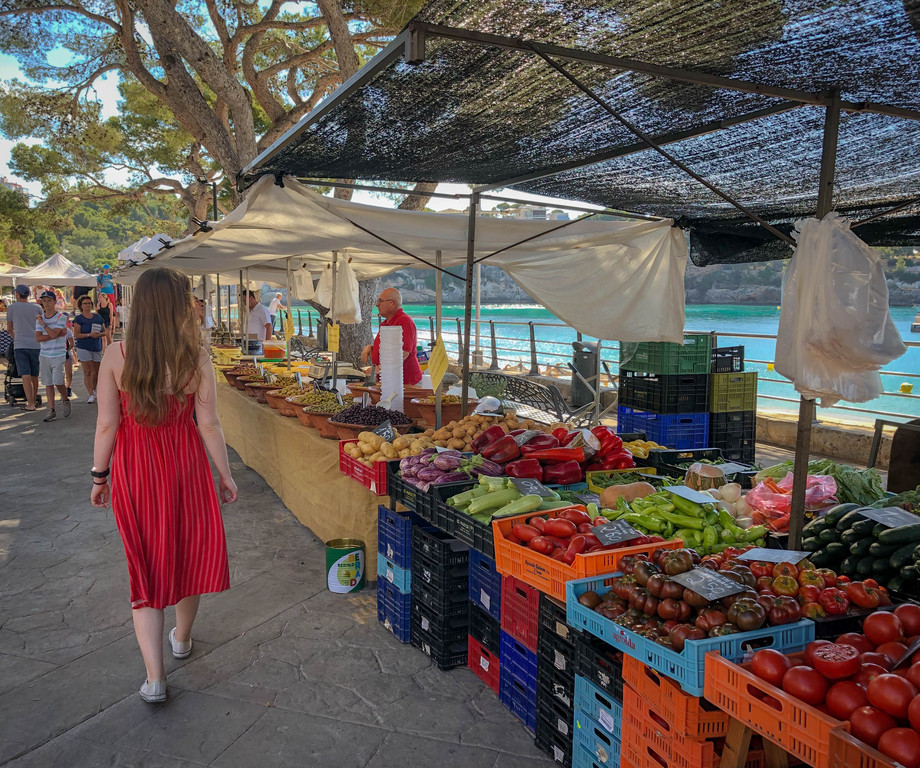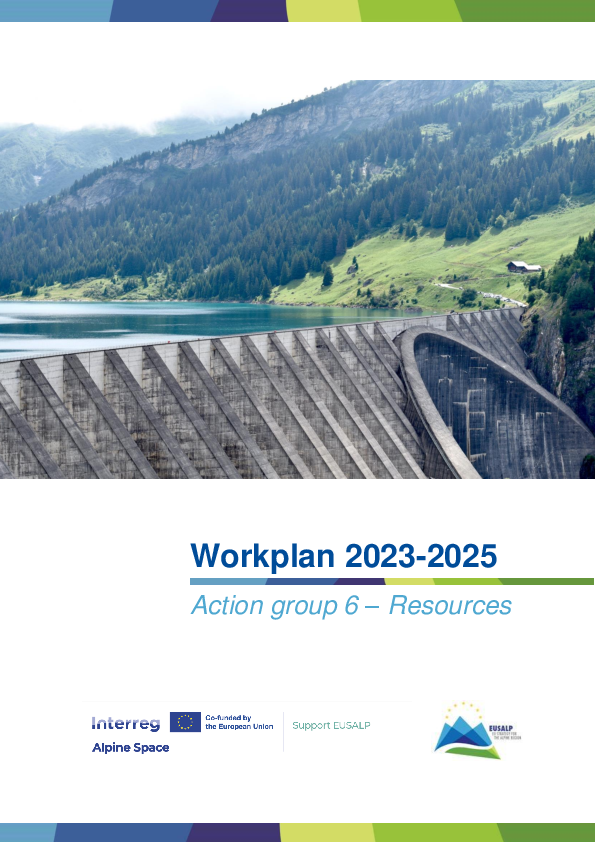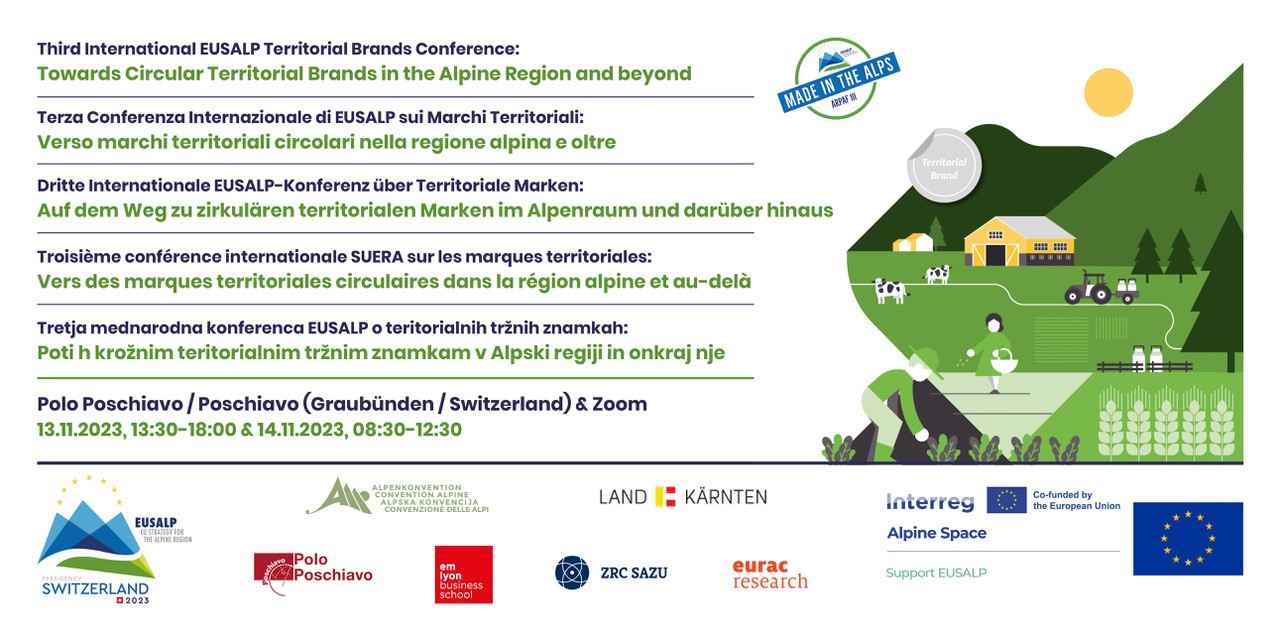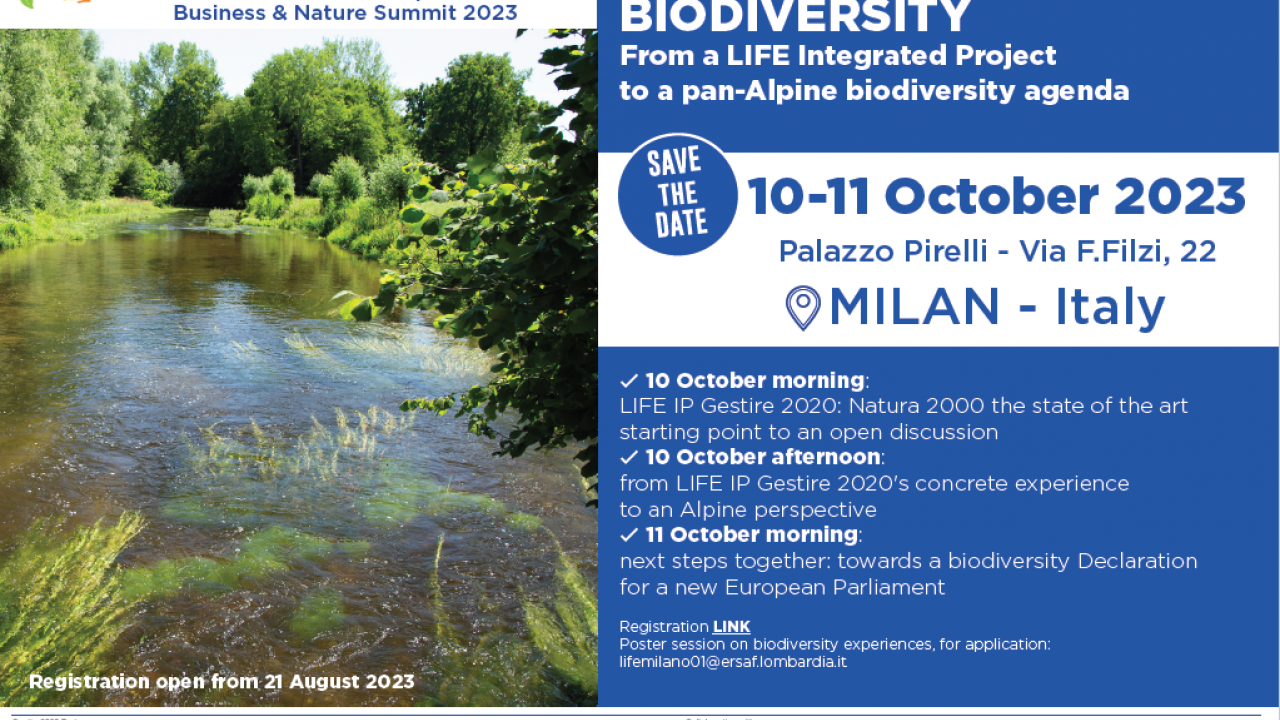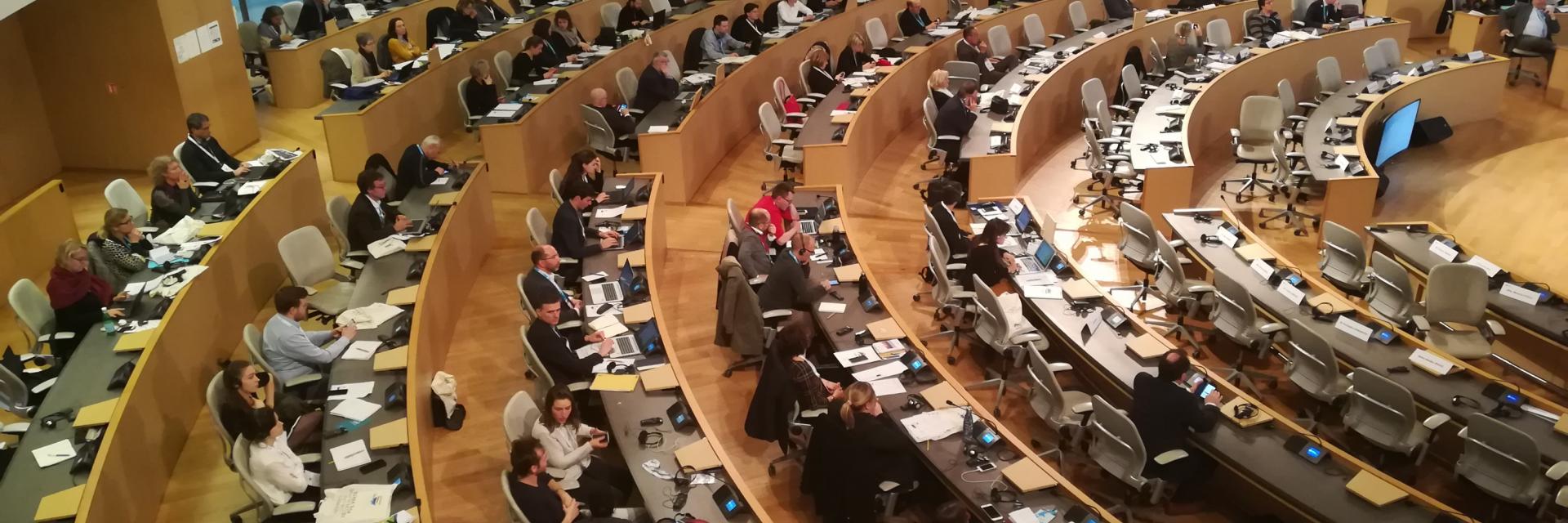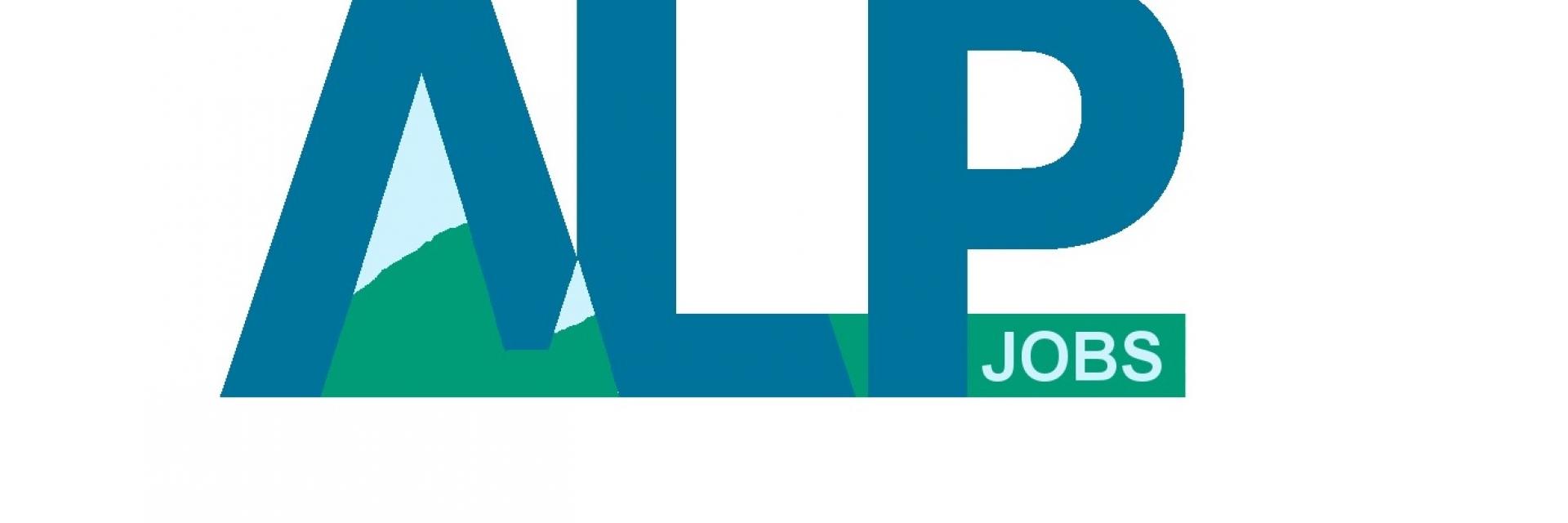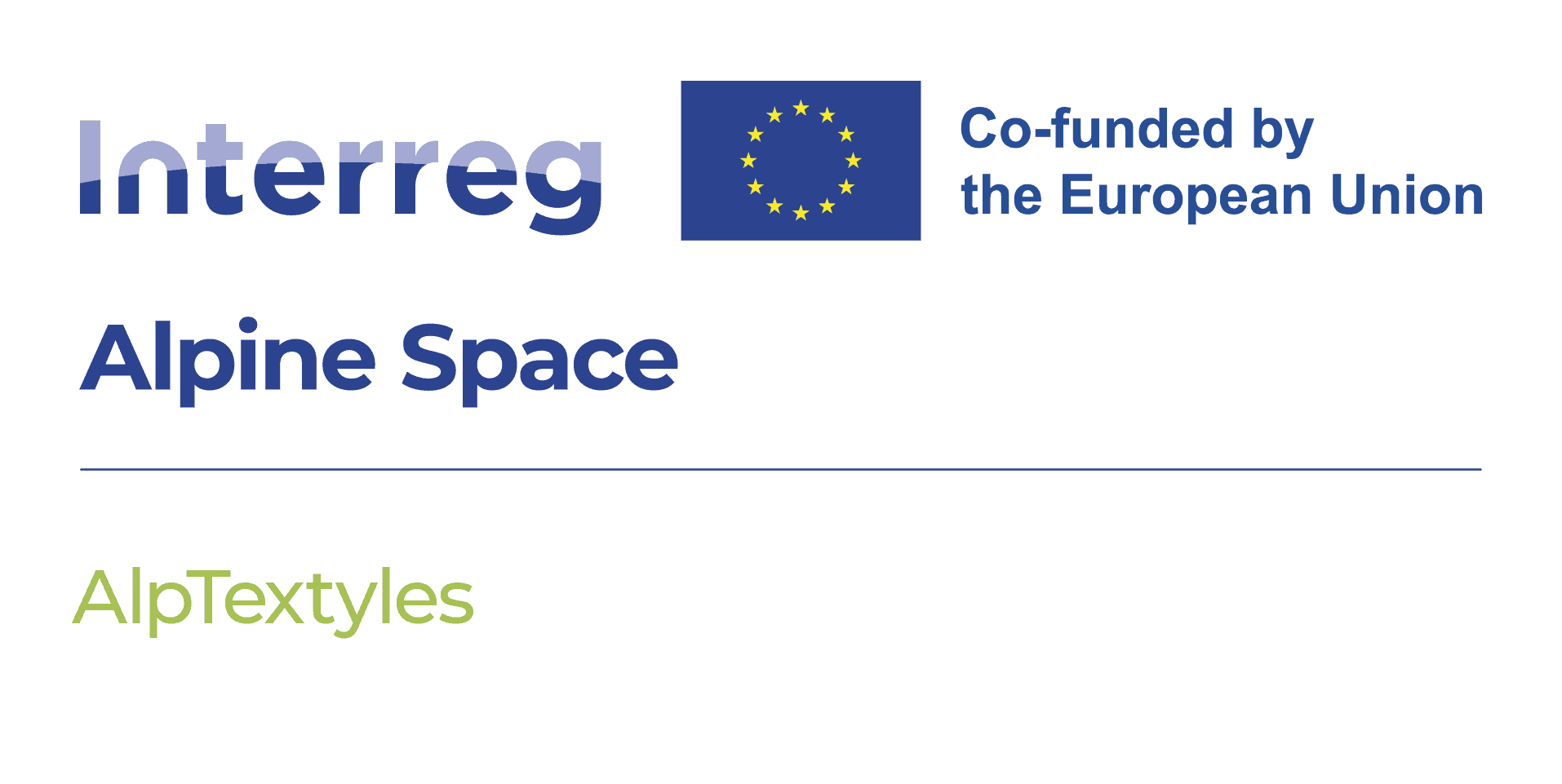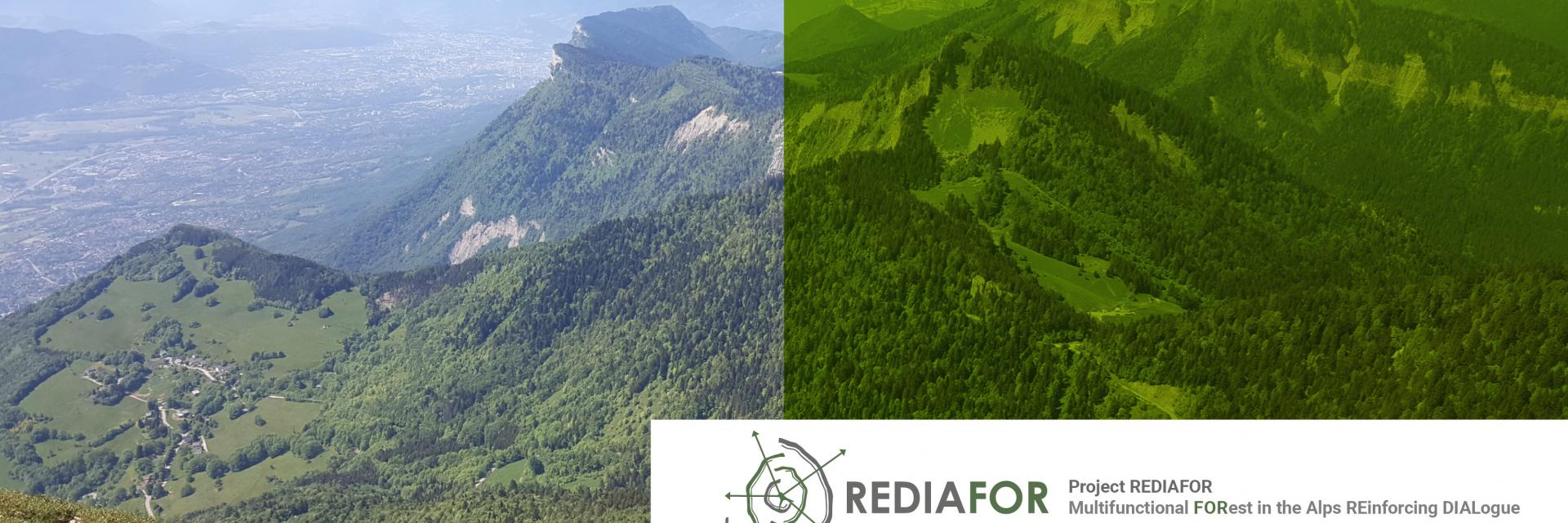ACTION GROUP 6
RESOURCES
One of the main features of the Alpine Region are its outstanding natural and cultural resources. The ways in which these resources have been transformed into economic assets have varied through history and had distinctive effects both on the Alpine environment and on the resources itself. There are also conflicts of interest between the elements to protect natural resources and their economic use.
MISSIONS
The overall mission of Action Group 6 is to provide valuable contributions to an Alpine strategic framework that allows the establishment of sustainable and balanced models of resource management and production.
Thus Action Group 6 aims at preserving and sustainably valorizing the Alpine natural and cultural heritage to enable also future generations to enjoy the unique living space of the Alps.
SPECIFIC OBJECTIVES
In the first three years of the implementation period of the EUSALP Action Plan Action Group 6 will focus on the following three significant sub-topics, dealt with in specific sub-groups:
- “Spatial development and soil conservation” (sub-topic 1)
Soil is a scarce resource which is renewable only during several generations and at high costs. This applies especially to Alpine regions, where soil formation processes are particularly slow due to geological and climatic conditions. Spatial planning has to search for appropriate instruments to minimize or even to avoid the consumption of soils. Action Group 6 aims at collecting basic information on “reduced land take and soil protection” and on implementing regional awareness raising events on how to intelligently reduce land use and on soil protection.
- “Future oriented farming and forestry” (sub-topic 2)
Action Group 6 aims at establishing a knowledge network to collect, develop and foster existing – and possibly initiate new - innovative and successful initiatives and activities for the promotion and marketing of food and forest products especially in urban areas, which are sustainably produced and processed in the EUSALP mountain and rural areas to maintain cultural and ecosystem services.
- “Integrated and sustainable water management” (sub-topic 3)
The sustainable and integrated management of the water resources of the Alps is of outmost importance for Europe as a whole. Therefore the sustainability of the sector and its integrated management shall be promoted in the field of river restoration and sediment management through the implementation of the “green infrastructure” concept as a win-win strategy for the achievement of the objectives of both the EU Water Framework Directive and the EU Flood Directive. In the field of water-demand and supply management options for preventing potential conflicts among sectors and actors in case of peaks of demand and/or regional droughts shall be identified. Furthermore the horizontal and vertical dialogue between the relevant stakeholders shall be strengthened.
CONTACTS
Leaders
Co-leaders
Group Members
 Harald Ladich
Harald Ladich Josef Schrank
Josef Schrank Christian Steiner
Christian Steiner Désirée Stofner
Désirée Stofner Peter Tramberend
Peter Tramberend Katharina Zwettler
Katharina ZwettlerObservers
 Silvia Buzzetti
Silvia Buzzetti Josef Schrank
Josef Schrank Ann-Kristin WINKLER
Ann-Kristin WINKLER
